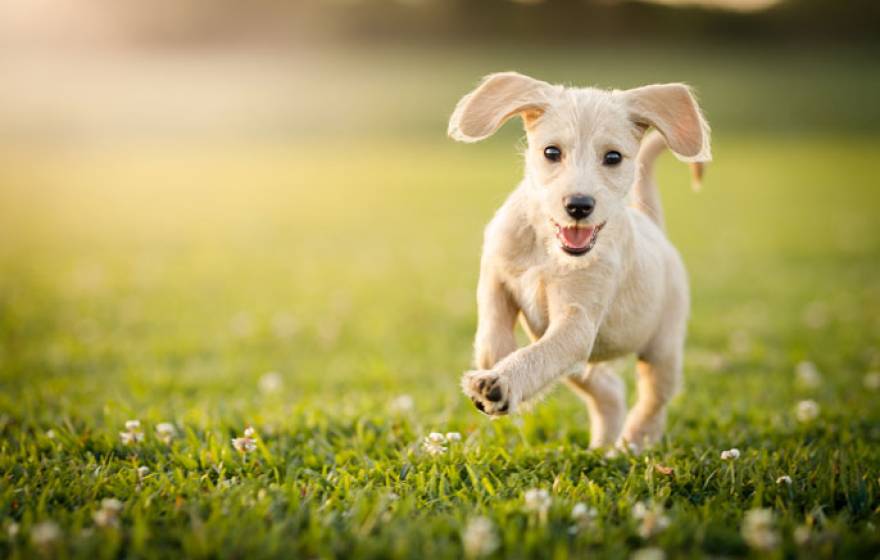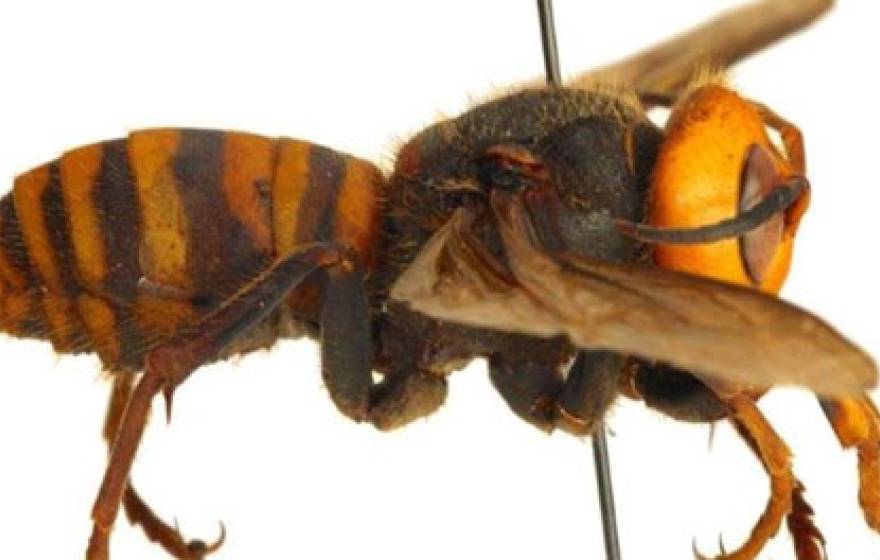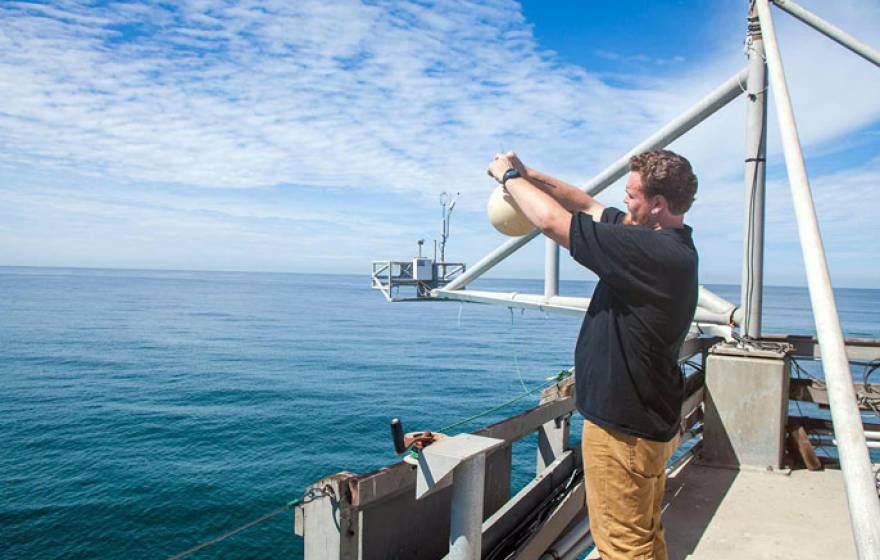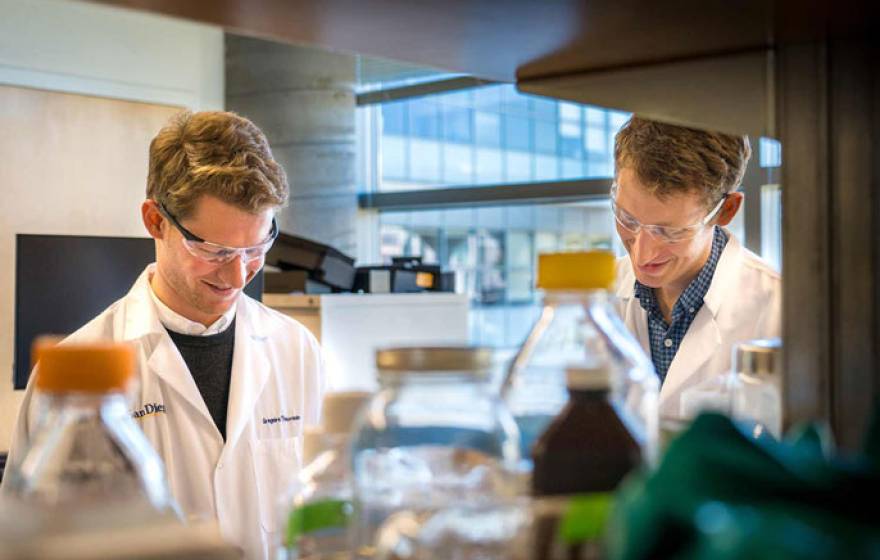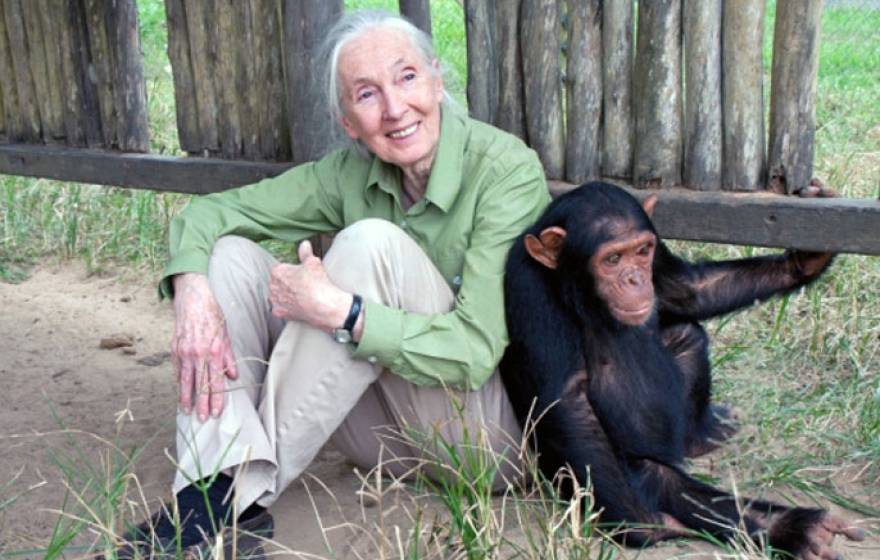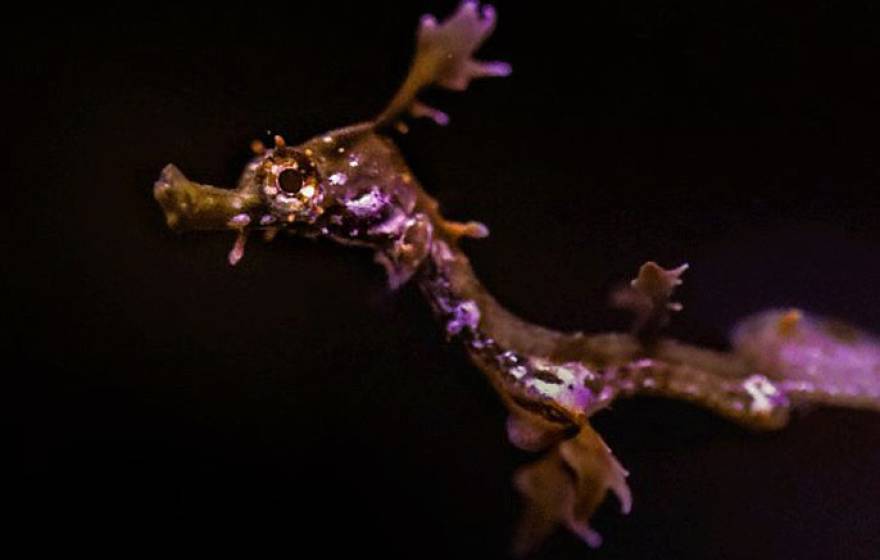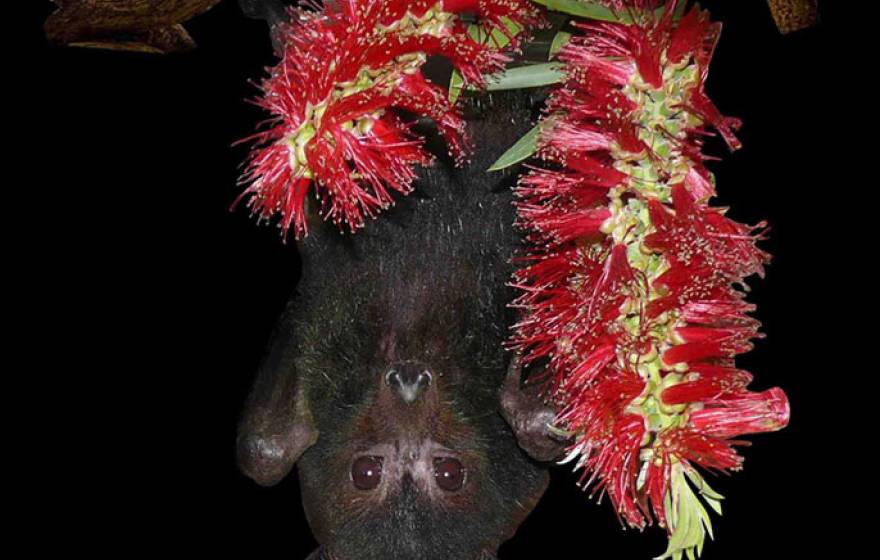Researchers have succeeded in making commercial-quality biodegradable flip-flops.
The new science behind algae-based flip-flops
When you should neuter your puppy, according to science
A 10-year study examined the risks of early neutering across 35 breeds and found surprising variation.
How dogs actually age (and what that tells us about how we do)
Understanding how dogs age can help us fight human aging.
Feeling anxious? Why a cat may be your purr-fect companion
The emotions that benefit our relationships with cats.
Murder hornets invade headlines, not the US
While they do sound scary, there's no reason to be afraid, says entomologist Doug Yanega.
Coronavirus global slowdown is cleaning the skies. How long will it last?
Scripps Oceanography climate scientists ponder what episode tells us about global warming.
Scientists design way to use harmless bacteria to detect heavy metals in drinking water
The goal is to test water at the faucets people actually drink from and catch contamination along the way.
All-star lineup to honor 50th anniversary of Earth Day in ‘Forces of Nature’
Environmental leaders and thinkers to explore what it means to care for the planet and all its inhabitants.
Welcome to the world, baby dragons
Birch Aquarium at Scripps Institution of Oceanography, UC San Diego, successfully breeds rare weedy seadragons for the first time.
Coronavirus outbreak raises question: Why are bat viruses so deadly?
Bat immune systems can be so fierce that they drive viruses to a virulence that proves deadly for humans.
Agricultural area residents in danger of inhaling toxic aerosols
Overuse of selenium-heavy fertilizers creates airborne, lung-damaging particles.
Solar power at night?
It’s no joke, says a professor developing prototypes of nighttime solar cells capable of generating power.

